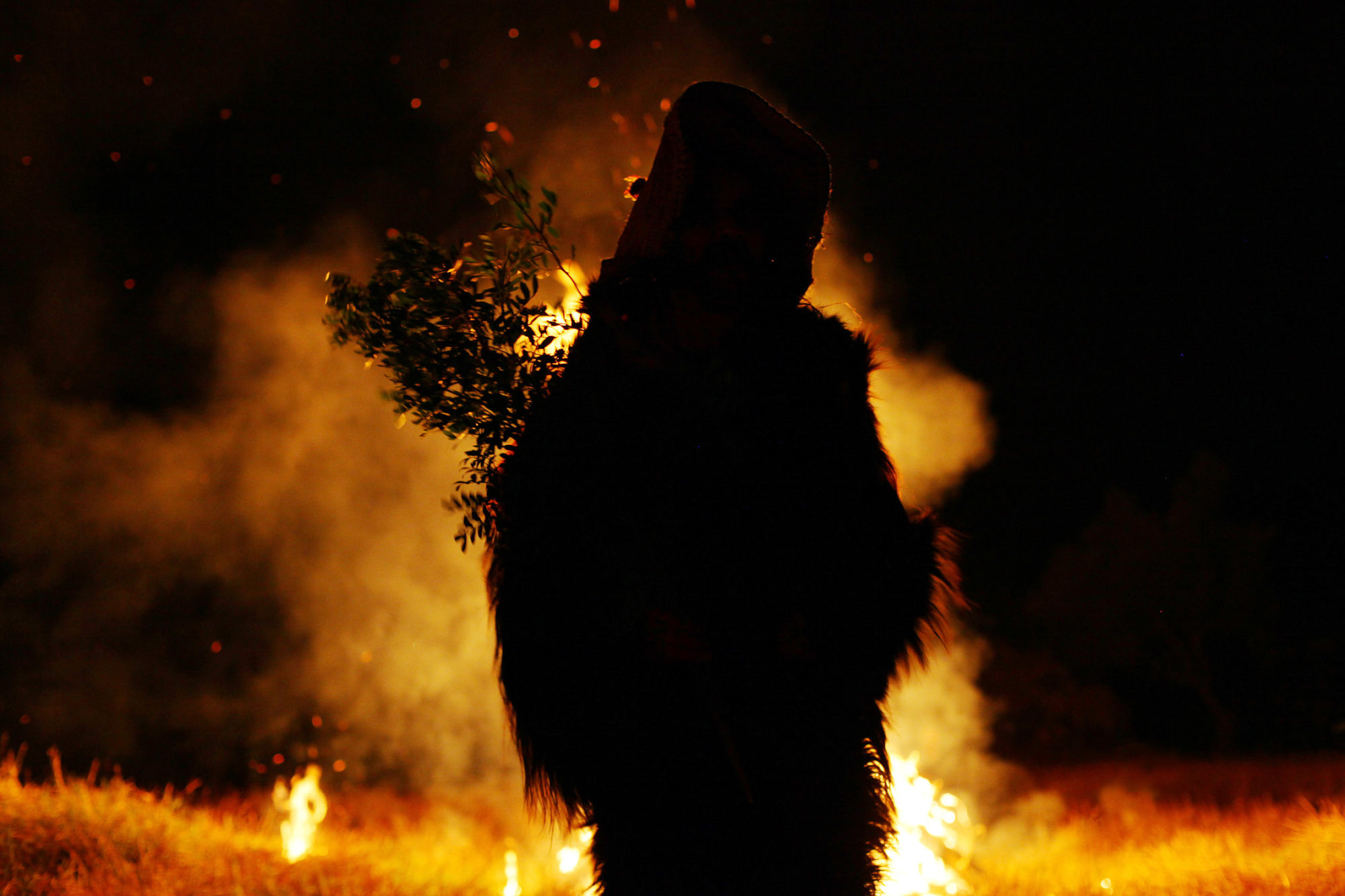Since 2008, the annual festival at Joujouka has taken place in June every summer and offers a unique opportunity to spend three days with the Master Musicians. Unlike any other, ours is a true micro-festival which has received rave coverage from Mojo, The Guardian, Liberation, the BBC, Al Jazeera and The Irish Times.
Our concept
The Festival is all about offering a very small group of people the opportunity to live in Joujouka with the Masters as your hosts and experience the music in the village and spectacular landscape in which it belongs. People who speak French, Arabic and English and who have long, strong connections with the village are on hand to answer questions and make you feel as at home as possible. Because of the nature of the Festival, numbers have to be strictly limited to 50 people and this means it’s essential to book early if you want to have this incredible experience.
Flying to Morocco
If you’re only coming to Morocco for the Festival, the easiest thing to do is to fly to Tanger and take the train from Tanger Ville, a short taxi ride from the centre of Tanger. A taxi from Tanger to Joujouka costs 100 MAD. Should you be travelling in Morocco, Fez and Casablanca are four hours from El Ksar El Kebir, the nearest town to Joujouka, by train. Marrakesh is eight hours. Don’t fly to Agadir – there are no direct train connections.
Getting to Joujouka
We collect you at El Ksar El Kebir train station and return you when the festival is over. The station is around an hour from Joujouka. The Moroccan train service is actually pretty good and very cheap. You can find train times at www.oncf.ma, the website of the national rail network.
How long is the festival?
Due to high demand, we only offer three-day tickets for the full festival but if you really want to experience Joujouka and can only come for a shorter period of time, contact us and we’ll see what we can do.
What the ticket price includes
The Masters play for you and the village every night of the Festival on the stage which was purpose built for them and they spend most of the days playing. Music is part of the fabric of Joujouka and the essence of your experience. Your ticket includes transport from the railway station, three nights’ accommodation in the Masters’ homes, all your meals and drinks for the three days of the festival and breakfast on the day you leave. Alcohol is strictly prohibited. All accommodation arrangements will be made for you well before you arrive in Joujouka and, don’t worry, you won’t be sharing a room with strangers. One of the great treats of the Festival is the opportunity to enjoy home cooked Moroccan food, which is delicious. If you’re a vegetarian or vegan, no problem. Your hosts will often prepare snacks, which are meals in themselves.
For more on the festival see Rolling Stone Suzanne Gerber’s 2015 report:
Inside the Oldest, Most Exclusive Dance Party in the World
Master Musicians of Joujouka announce second festival for 2024 dates announced – booking now
Master Musicians of Joujouka Festival 24-26 May 2024.
The Master Musicians of Joujouka have announced dates for a second weekend festival for 2024 from 24-26 May, with drop-off 27 May.
Due to high demand following their successful UK tour including an appearance opening the Pyramid Stage at Glastonbury Festival. The previously announced Joujouka 24 festival for 7-9 June sold out in a week.
To accommodate people on the waiting list a second village festival has exceptionally been added for May 2024.
Spaces are very limited as the first 30 places were reserved for people on the waiting list.
Joujouka 2.0 2024 starts Friday, 24th May 2024 with pick up at the nearest city of Ksar El Kebir around noon and by arrangement drop-off on the morning of Monday, 27th May back to the train station at Ksar El Kebir.
Ticket includes pick up at Ksar El Kebir on 24th May, accommodation, meals and drop-off on 27th May.
Also included is three days and nights of music and a full immersion into the Joujouka experience.
Guests stay with Master Musicians and their families.
Performances are held at the Madrassa of the Master Musicians of Joujouka in their village.
Request to reserve your space by emailing joujouka@gmail.com
Pay balance after deposit on PayPal link below for May or June 2024. . Balance afetr deposit for May X 1 or 2 OR Balance after deposit for June X 1 or 2 Please choose the option that suits
Master Musicians of Joujouka Festival 7-9 June 2024 ***SOLD OUT***
The Master Musicians of Joujouka have announced the dates for the 2024 festival in the village from 7-9 June.
Spaces are limited to 50 for the festival, which begins on Friday, 7th June 2023 with pick up at the nearest city of Ksar El Kebir around noon and by arrangement drop-off on the morning of Monday, 10th June back to the train station at Ksar El Kebir.
Ticket includes pick up at Ksar El Kebir, accommodation, three meals a day and drop-off on 10th June.
Also included is three days and nights of music and a full immersion into the Joujouka experience.
Guests stay with Master Musicians and their families.
Performances are held at the Madrassa of the Master Musicians of Joujouka in their village.
*** SOLD OUT *** For more information and to be added to standby list, email joujouka@gmail.com with the heading ‘Joujouka 24’




